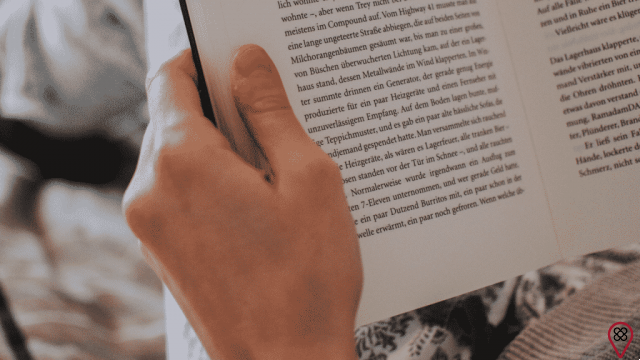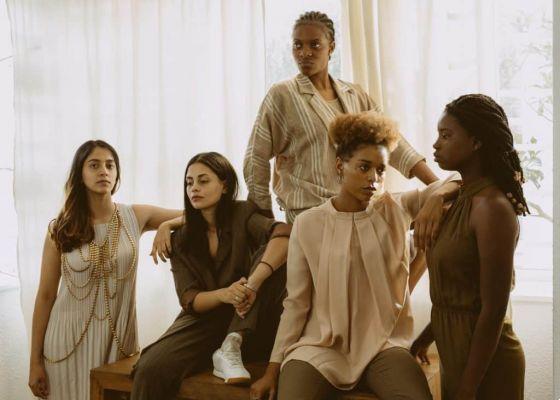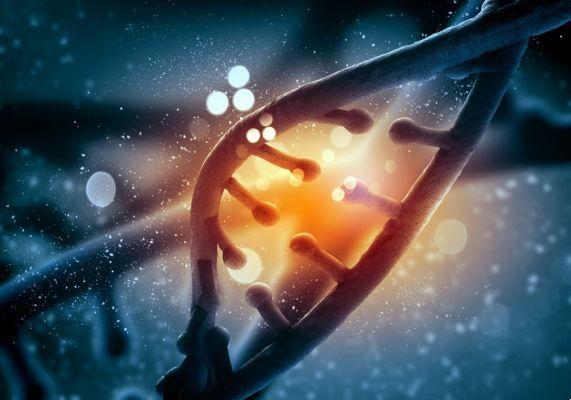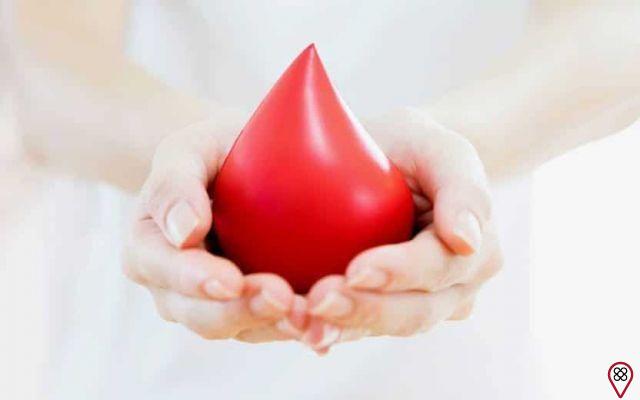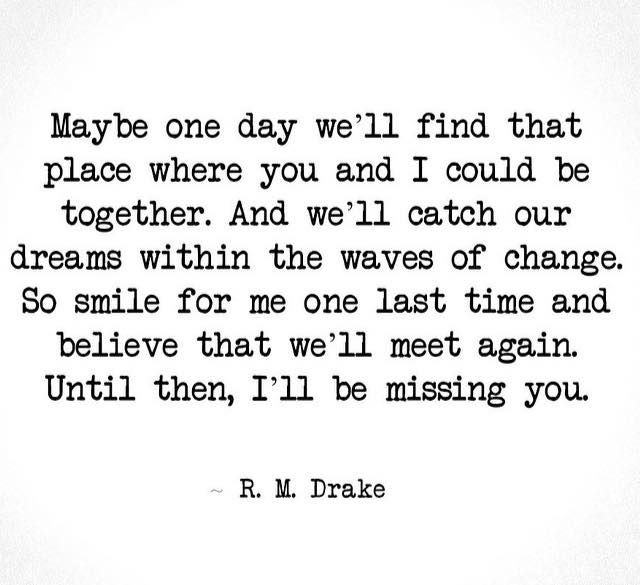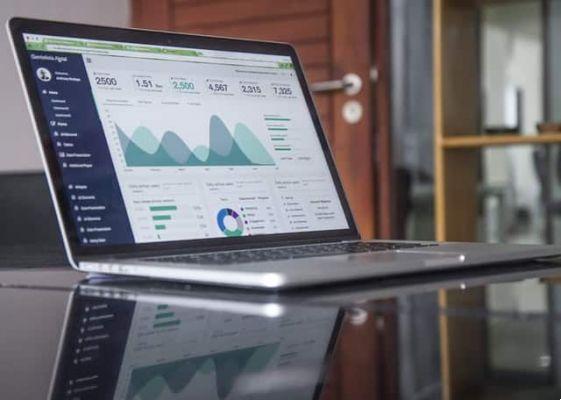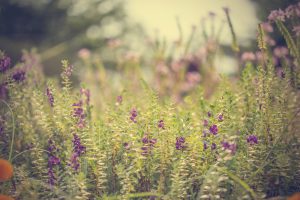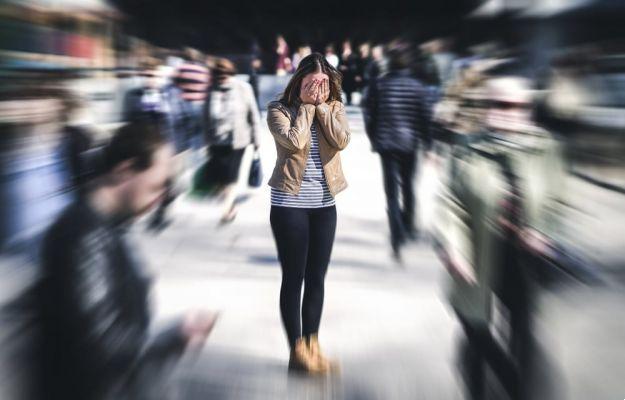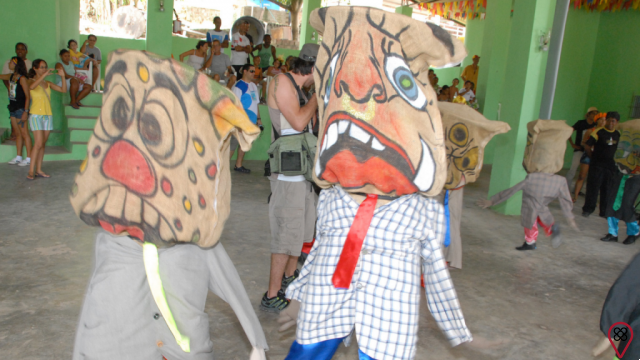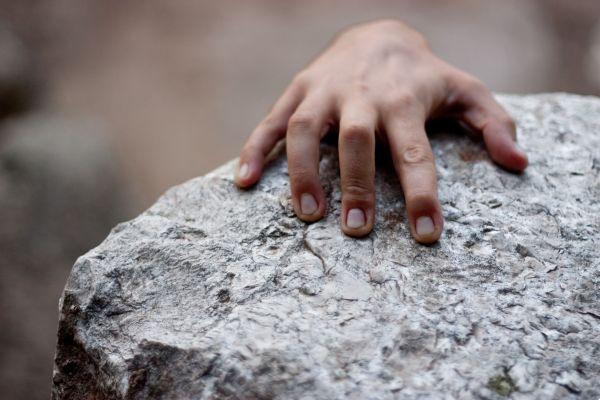Because it is a very delicate topic, before sharing my experience and some documentaries, I want, first of all, to say that it is a whole process to reach veganism – and, of course, I am not here to say what is right or wrong, but rather to share the information to serve as advice to anyone interested in delving into the subject.
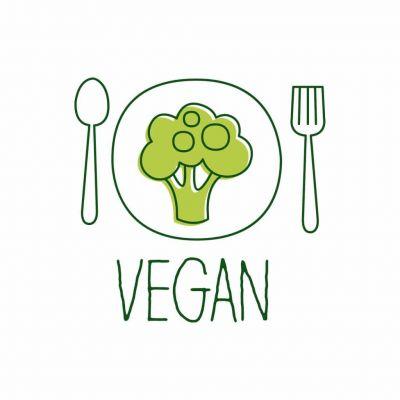
A good few years ago, I don't remember exactly what made me come to vegetarianism – even though the subject was in the minority and I had already made the choice to eliminate meat from my plate. But I remember a professor, at the time of the prep course, having commented on something related to veganism and, chã, I went looking for documentaries and all the information I could on Google on the subject and decided to become a vegan.
With information on the internet, starting meditative practices, some knowledge of food processing, documentaries, friendships with vegetarian and vegan people and after losing my pet, in college and two years ago, I decided to go vegan - and it's because That's why I decided to share here some documentaries that will serve as a guide for those interested in the subject.
I met the documentary Meat is Weak in 2014, with a healthy awareness of the methods with which the animals were treated and I will not deny that there are strong scenes for those who are not used to it – but it is essential to understand the procedure carried out from the beginning, until the meat reaches the table. Reflecting on the horrendous impact that some of the habits acquired by us can unthinkingly have on our attitude towards eating meat makes it a very well-crafted documentary by Instituto Nina Rosa.
https://www.youtube.com/watch?v=zqgZ7YptBzg
The documentary wants to provoke in the spectator a certain posture through some testimonies and the participation of some journalists. And it is plausible the way in which some reflections come to light, often unnoticed and that deal with the impact that our simple act of eating can cause.
Synopsis: “Have you ever thought about the trajectory of a steak before it reaches your plate? We researched this for you and told in this documentary what is not disclosed. Learn about the impacts that this – apparently banal – act of consuming meat has on your health, animals and the planet.”
Terráqueos (Earthlings) – I watched it after my teacher's comment at the time of the course and I confess that it was a documentary that motivated my choice. This documentary deals heavily with the issue of animal exploitation, cruel and disrespectful dependence of humanity within several aspects in relation to animals - promoting some reflection on our consumption.
Synopsis: “Earthlings report the dependence and cruel and disrespectful exploitation of humanity towards animals, both for company (pet-shops, puppy mills and shelters), food (breeding, slaughter), clothing (trading in furs and hides), entertainment (circuses, rodeos, bullfights), and scientific research (scientific experiments, cosmetic tests).”
Glass Walls – Produced by PETA, narrated and starring Paul McCartney, the documentary introduces us to the shocking reality behind the dairy and animal meat industry as a whole – including fish.
It contains real and very strong scenes of fish, cows, chickens, sheep, chicks and other animals that are abused - showing us that everyone feels pain and fear like every human being.
“If slaughterhouses had glass walls, everyone would be vegetarian.”
– Paul McCartney.
Swap Knife for Fork (Forks Over Knives) – This documentary shows us that a vegan diet not only prevents, but is also capable of reversing many diseases. Abolishing meat is one of the positives when thinking about your health.
Synopsis: “Documentary that addresses one of the great problems of modern society: the serious health problems that affect a significant part of the population caused by a menu of foods of animal origin.”
Lastly, The Cow Conspiracy, which brings a very sensitive reality to today's society - from the impacts caused by livestock to the way people and environmentalists deal with such impacts.
Synopsis: “Livestock can be considered one of the most destructive industries on the planet. It is responsible for the emission of more greenhouse gases than the transport industry and generates intense destruction of the soil's natural resources. The documentary shows the discovery of truths about livestock and the fear of environmental organizations to talk about the subject.”
Finally, there are several points of view to be analyzed by animals, by the planet and, mainly, by our health.
Any questions anyone has at the beginning of the food transition or any other questions regarding the terms vegs, I'm happy to help.
With a big hug in the heart, see you soon.



